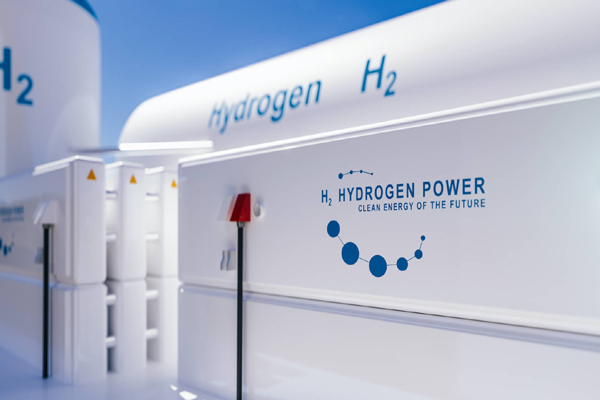
Saudi Aramco has signed a non-binding memorandum of understanding (MoU) with Hyundai Heavy Industries Holdings (HHIH) for research and development on blue hydrogen and ammonia.
Through the non-commercial agreement, the two parties are seeking an opportunity to find a cooperational model for eco-friendly hydrogen and ammonia, including joint research and development.
Hyundai Oilbank, the oil refinery unit of HHIH, plans to cooperate with Saudi Aramco on the realisation of a “carbon zero” process, and Korea Shipbuilding and Offshore Engineering (KSOE), the shipbuilding unit of HHIH, plans to develop the world’s first combined ship capable of carrying both liquefied petroleum gas (LPG) cargoes and captured carbon dioxide (CO2).
"Hyundai OilBank will import liquefied petroleum gas from Saudi Aramco which it will then convert into blue hydrogen," a statement from HHIH stated.
"The hydrogen will be used at desulfurisation facilities at Hyundai Oilbank refineries and be on the market for fuels of vehicles and power plants.
"In addition, Hyundai Oilbank plans to receive blue ammonia from Saudi Aramco and use it as fuel for liquefied natural gas (LNG) boilers scheduled to be established by 2024."
The two parties will also strengthen cooperation in the shipbuilding business.
“This agreement is the first step in cooperation between the two parties toward the 'Hydrogen Dream',” said Kisun Chung, vice president & head of management support office at HHIH.
“Together with Saudi Aramco, [we are] seeking a way to grow into a leading eco-friendly energy group by initiating projects for hydrogen and ammonia."
Ahmad A Al Sa'adi, Senior Vice President of Technical Services at Saudi Aramco, added the strategic partnership in the field of blue hydrogen and blue ammonia “is expected to help reduce greenhouse gas emissions through carbon capturing process”.
“Utilisation and application in targeted markets in South Korea are also part of the collaboration; and there is no intention for any CO2 transportation.”
“A related aspect of the MoU is also to study other after treatment technologies for marine fuels,” the energy major added in a short statement issued to clarify the 3 March news release from HHIH. –Tradearabia News Service


































































